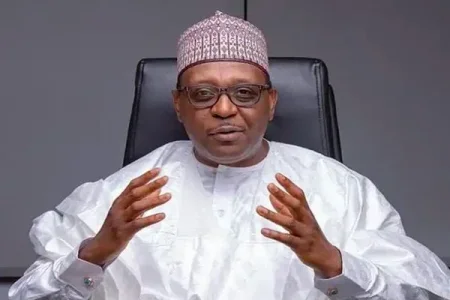
The Federal Executive Council (FEC) has approved a N4.8 billion fund to maintain HIV treatment programs in Nigeria after the suspension of U.S. development aid. The funds will procure 150,000 treatment packs over four months, aiming to reduce reliance on foreign assistance and ensure continuity in healthcare services.
In a significant move following the suspension of U.S. development aid, Nigeria's Federal Executive Council (FEC) has approved a N4.8 billion funding package to sustain its HIV treatment programs. This decision comes as the country aims to ensure uninterrupted care for HIV patients despite global policy shifts.
Announced by the Coordinating Minister of Health and Social Welfare, Dr. Muhammad Ali Pate, the funding will cover the procurement of 150,000 treatment packs over the next four months. The measure is part of Nigeria's broader strategy to reduce its dependence on foreign assistance for critical health needs, especially in combating HIV, tuberculosis (TB), and malaria.
The suspension of U.S. aid has raised concerns, given the significant contributions of the U.S. government to Nigeria's health sector for the past two decades. However, Pate emphasized that Nigeria is increasingly relying on domestic resources to support its healthcare infrastructure.
“This N4.8 billion allocation is a vital step in ensuring the continuity of HIV treatment for Nigerians. It underscores our commitment to safeguarding public health and reducing reliance on external funding sources,” Pate stated.
Additionally, the FEC has set up a high-level committee tasked with developing a sustainable transition plan to mitigate the impact of the U.S. aid suspension. The committee will assess the long-term implications of the policy shift and propose solutions to maintain essential health programs.
In his remarks, Pate reinforced the government's commitment to building a resilient healthcare system that can weather external shocks while ensuring continued access to life-saving treatments for all Nigerians in need.




